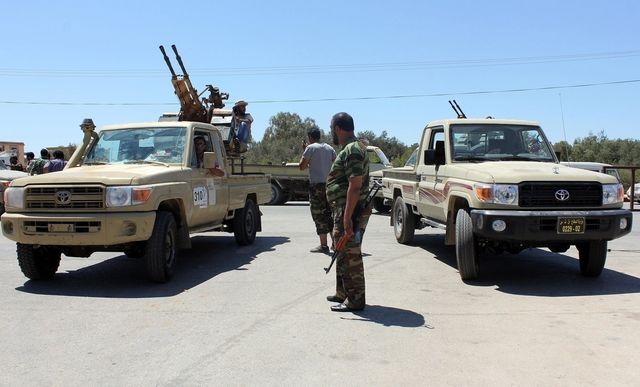The International Organization for Migration (IOM), the UN Migration Agency, on Saturday said Internally Displaced Persons (IDPs) and conflict-affected communities are in dire need of humanitarian and recovery assistance after weeks of conflict in Ethiopia’s northernmost Tigray regional state.
“Most of the IDPs now seeking refuge in displacement sites are women and children forced to flee without being able to take their belongings. They are now in dire need of emergency shelter and non-food items,” the IOM said in a statement issued on Saturday, as it announced the commencement of operations to assist needy people.
Weeks of fighting in the Tigray region between the Tigray People’s Liberation Front (TPLF) and the Ethiopian Defense Forces have reportedly left hundreds of people dead, thousands displaced and millions in urgent need of humanitarian assistance.
Recent figures from the United Nations revealed that more than 50,000 people, almost half of them children, have arrived in Sudan since early November.
In North Amhara regional state, neighboring the Tigray region, the IOM has provided emergency shelter and non-food items that include blankets and jerry cans, among others to IDPs from Tigray. IOM has begun to deliver water, sanitation and hygiene services, site management support and emergency health assistance. Needs assessments have been carried out in ten accessible districts in Afar and Amhara regions where IDPs are currently hosted, it was noted.
According to the IOM, the scale-up of relief operations in Amhara follows the agreement for unimpeded humanitarian access that was reached between the United Nations and the government of Ethiopia, and the first joint initial inter-agency assessment which was completed this week.
“IOM stands ready to scale up assistance to crisis-affected locations and populations in Northern Ethiopia as more areas affected by the crisis become accessible,” an IOM statement quoted David Preux, IOM’s Emergency Coordinator for the Northern Ethiopia Crisis Response, as saying.
The agency also has provided water trucking and sanitation services to IDPs in Kebero Meda Camp in Gondar, one of the sites identified by IOM’s Displacement Tracking Matrix (DTM) as hosting IDPs from Tigray. IOM plans to carry out similar activities in additional locations as access is secured.
IOM, noting that its teams are also working with local authorities to decongest displacement sites and construct new collective shelters and communal infrastructures, stressed that “these will ensure safe and dignified living conditions and physical distancing necessary to prevent the spread of COVID-19.”
In addition to IDPs, the East African country regularly receives large caseloads of returnees from transit and destination countries, particularly along the Eastern Route between the Horn of Africa and Gulf states.
Over 2,000 Ethiopian migrants who originated from Tigray returned to Ethiopia between September and November 2020. Since 2017, and through the start of the COVID-19 pandemic, 30 percent of all returnees to Ethiopia have originated from Tigray, according to the IOM.
On Thursday, the United Nations had announced the release of 35.6 million U.S. dollars for water, sanitation, medical supplies and protection for civilians caught up in Ethiopia’s Tigray region conflict.
The UN humanitarian chief has released 13 million U.S. dollars from the UN’s Central Emergency Response Fund (CERF) to help people inside Ethiopia and 5 million U.S. dollars for refugees newly arrived in Sudan. On top of this funding, 12 million U.S. dollars has been released from the UN’s Humanitarian Fund in Ethiopia and 5.6 million U.S. dollars from the UN’s Sudan Humanitarian Fund.
Women, children, older people and disabled people will be prioritized as the funding is disbursed.
In Ethiopia, the UN’s emergency fund will help health facilities get medicines, gloves and other supplies to care for the sick and injured, and fund nutrition, drinking water and shelter. In Sudan, the funding will prioritize life-saving assistance to refugees, including shelter, health care and drinking water.
The UN Under-Secretary-General for Humanitarian Affairs and Emergency Relief Coordinator, Mark Lowcock, said in a statement that “After six weeks of conflict, the civilian toll is mounting. Women and children arrive in Sudan with disturbing stories of violence, deprivation and abuse. Many have not made it out.”
“Conflicts like this are hard to stop once they get out of control, the lives they extinguish cannot be brought back, and the grievances they create are long-lasting. Right now, children are cut off from help. We need unfettered access now,” Lowcock added.


